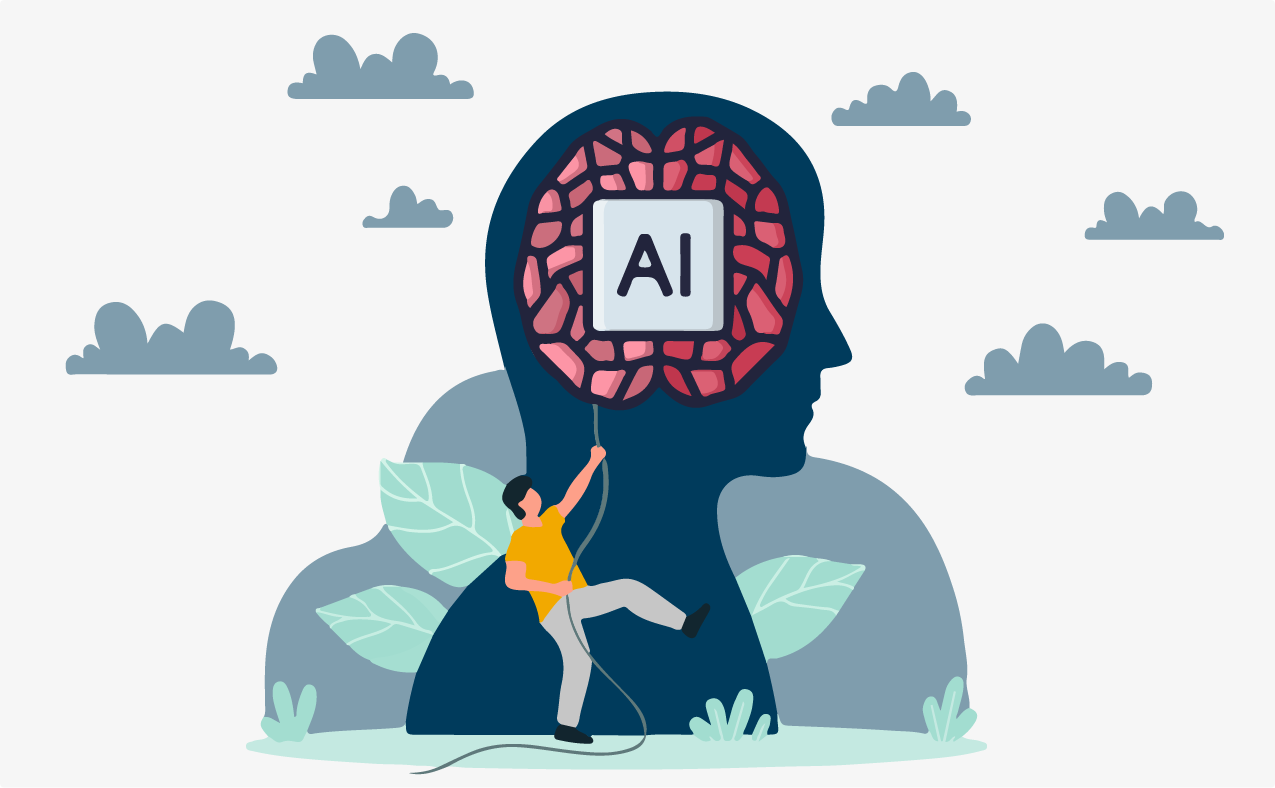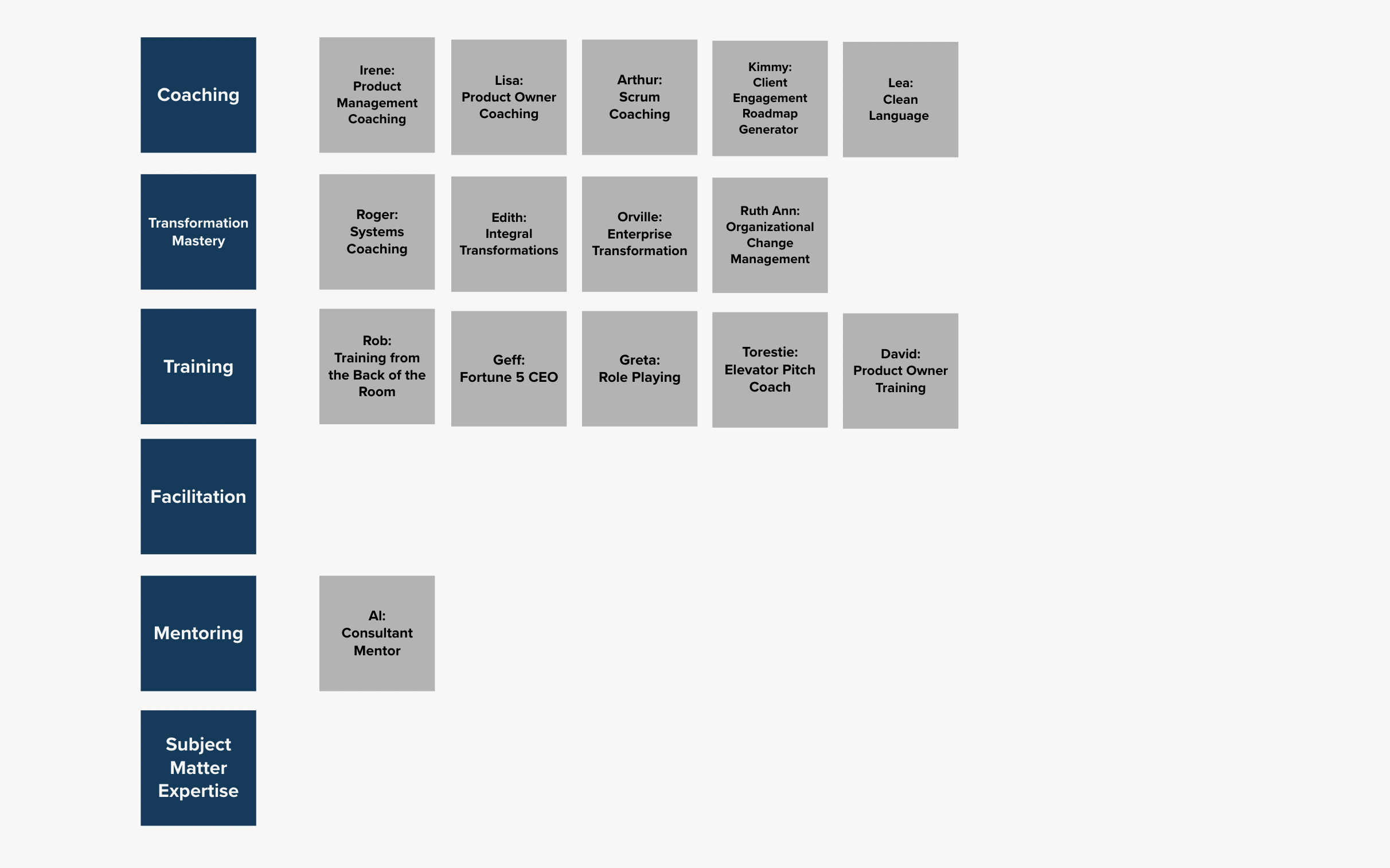Highly Immersive Coaching and Training Environments: One significant trend is the rise of immersive AI experiences. These platforms will enable more engaging and realistic simulations, allowing for scenario-based coaching that can replicate a wide range of real-world challenges and opportunities. This could be particularly transformative in executive coaching, where strategic decision-making and leadership skills can be honed in simulated high-stake environments.
Predictive analytics will also play a larger role in coaching. By analyzing patterns in behavior, performance, and even emotional states, AI can offer predictive insights and proactive coaching strategies. This could lead to more personalized and timely interventions, enhancing the effectiveness of coaching programs.
Personalized Coaching: AI has the potential to create highly personalized coaching experiences tailored to individual needs, goals, and learning styles. By analyzing data from various sources, AI can develop customized coaching plans and strategies that are more effective and engaging for each person.
Real-time Feedback: AI can provide real-time feedback to both coaches and clients, allowing for immediate adjustments and improvements in coaching sessions. This can lead to more effective and efficient coaching sessions and faster progress towards goals.
Emotional Intelligence: As AI technology advances, we can expect to see improvements in its ability to understand and respond to human emotions. This will be crucial in coaching, as it will allow AI to better support clients in managing their emotions and developing emotional intelligence.
Integration with Wearable Technology: The integration of AI with wearable technology, such as smartwatches and fitness trackers, can provide valuable insights into clients' physical and mental well-being. This data can be used to create more holistic coaching plans that address both the mental and physical aspects of personal development.
In Conclusion
As we stand at the precipice of what may be a new era in coaching, marked by the rapid evolution of AI, it is crucial to recognize that we are witnessing not just a technological advancement, but a paradigm shift in how we approach personal and organizational development. The past year has been a testament to AI's transformative power, moving from task-level assistance to potentially reshaping entire systems and domains. However, to leverage the value of these new tools, it is essential today to have deep domain knowledge.
Pivoting back to the contemplation about Jeff Bezos Podcast, envision a scenario where we have a brief 10-minute window to converse about “Enterprise Coaching his organization” with him. What might his reaction entail? Are we sufficiently prepared to demonstrate the indispensable value we contribute? Moving beyond the specific context of Jeff, consider this scenario with any high-level executive. Would you feel confident in articulating the substantial benefits you, as a coach, offer? In this regard, how might the advent of an AI Coach influence your approach?
As we step into this new era, let's ponder a profound question: How can we, as coaches and leaders, harness the power of AI to not only enhance our practices but also to elevate the human spirit, fostering a deeper understanding of ourselves and our potential? This is not just a question of technology; it's a question of our collective future and the legacy we wish to create in the world of coaching.






